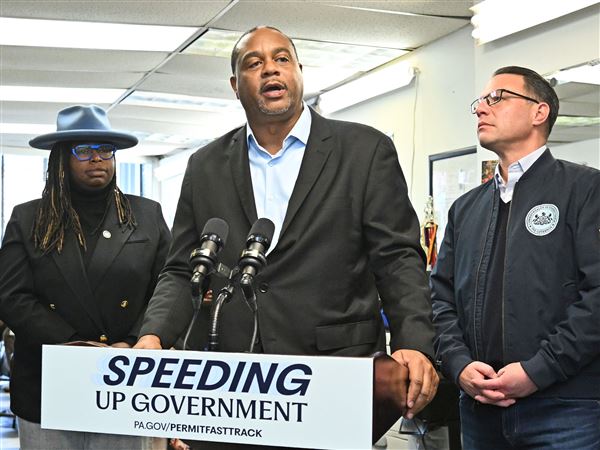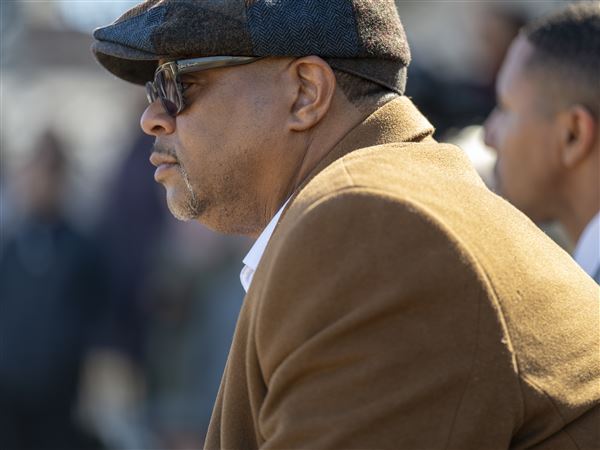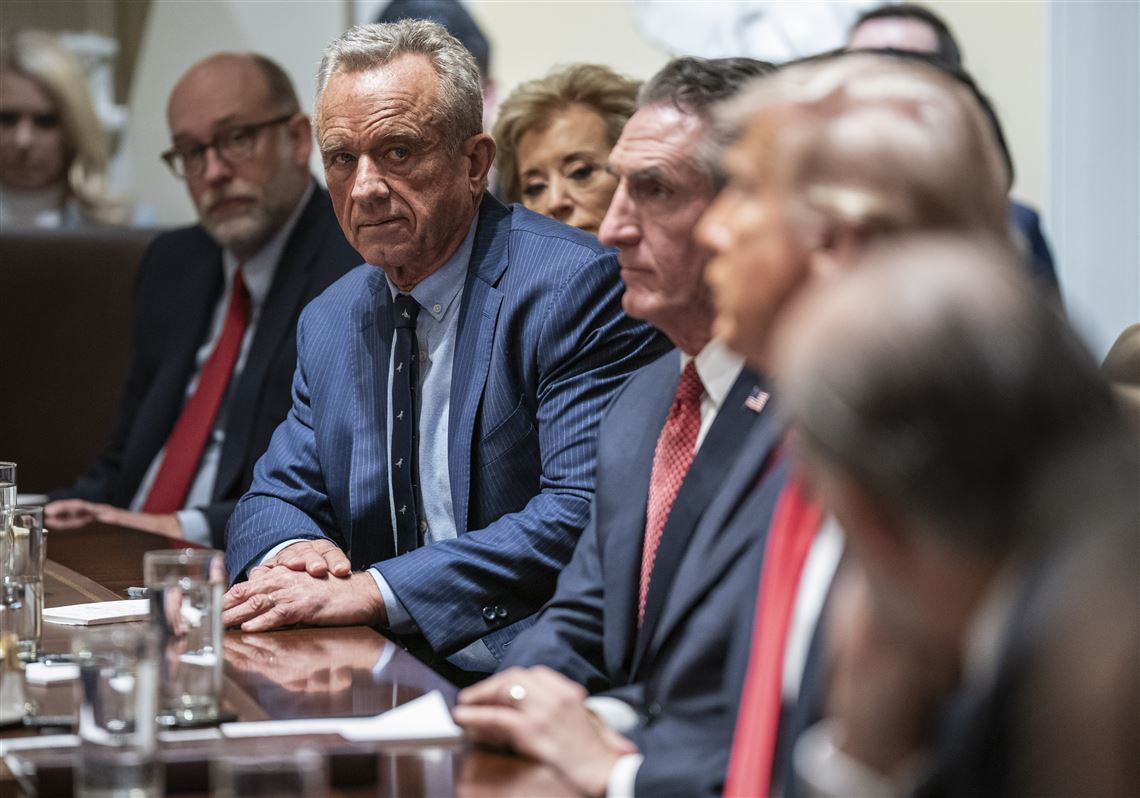The Centers for Disease Control and Prevention is planning a study into the potential connections between vaccines and autism, according to two people familiar with the plan, despite overwhelming scientific evidence that there is no link between the two.
The request for the study came from Trump administration officials, said the two people familiar with the plan, who spoke on the condition of anonymity out of fear of retaliation. President Donald Trump and Health and Human Services Secretary Robert F. Kennedy Jr. have repeatedly linked vaccines to autism.
Kennedy, an anti-vaccine activist, has disparaged vaccines for years. A previous Washington Post examination found that since 2020, Kennedy has linked autism to vaccines in at least 36 appearances, despite the evidence to the contrary.
Trump, who mentioned the rising rates of autism in his address to Congress last week, also has linked vaccines to autism. In a 2012 call into “Fox & Friends,” he said, “They go in, they get this monster shot — you ever see the size of it? It’s like they’re pumping in, you know it’s terrible, the amount, and they pump this into this little body, and then all of a sudden the child is different a month later. And I strongly believe that’s it.”
In a statement, HHS spokesman Andrew Nixon said: “As President Trump said in his Joint Address to Congress, the rate of autism in American children has skyrocketed. CDC will leave no stone unturned in its mission to figure out what exactly is happening. The American people expect high quality research and transparency and that is what CDC is delivering.”
The debunked theory linking the measles, mumps and rubella (MMR) vaccines to autism traces to a 1998 study that was ultimately retracted. Study author Andrew Wakefield was barred from practicing medicine in Britain and found guilty of professional misconduct.
The number of autism cases is rising in the United States. About 1 in 36 children has received such a diagnosis, according to data the CDC collected from 11 states, compared with 1 in 150 children in 2000.
Researchers attribute much of the surge to increased awareness of the disorder and changes in how it is classified by medical professionals. But scientists say there are other factors — genetic and environmental — that could be playing roles, too.
Years of research based on data from hundreds of thousands of patients have shown no link between vaccines and autism. A decade-long study of half a million children in Denmark published in 2019 showed the MMR vaccine does not increase the risk of autism, lending new statistical evidence to what was already medical consensus.
Public health and other experts have feared Kennedy would use his new authority to mislead the public on vaccines.
“Vaccines do not cause autism. Dozens and dozens of studies have been conducted looking at vaccines and autism and they all show the same result: no relationship,” said Alison Singer, president of the Autism Science Foundation, a nonprofit organization that funds autism research.
Singer, who has a 27-year-old daughter with profound autism, said it’s time to ask new questions if officials want to find the actual causes of autism. “This is just a waste of money at a time when critically needed autism research is being cut all across HHS,” she said.
“It’s just so irresponsible that anybody in a position of authority would continue to raise this in this way. This is really misleading for the public,” said Richard Hughes IV, a former vice president of public policy at the drug company Moderna who teaches vaccine law at the George Washington University Law School. “The reality is that it’s been studied. There is no link, and it’s just irresponsible.”
Signs of autism can appear around the same time that children see a pediatrician for the first dose of the MMR vaccine — typically when they’re about a year old — leaving some parents to mistakenly link the two events.
Sen. Bill Cassidy, R-La., who was a key vote to confirm Kennedy, pressed him during Senate hearings to address the extensive evidence that vaccines do not cause autism.
“If you show me data, I’ll be the first person to assure the American people that they need to take those vaccines,” Kennedy replied.
In return for his vote, Cassidy said he extracted promises that Kennedy would not change the CDC’s website to remove language saying vaccines don’t cause autism, among other pledges.
“I will watch carefully for any effort to wrongfully sow public fear about vaccines between confusing references of coincidence and anecdote,” he said in February.
Cassidy’s office declined to comment Friday.
Reuters first reported that the CDC was planning to conduct a study on the potential connections between vaccines and autism.
The CDC is planning to look at the connection between vaccines and autism using data from its Vaccine Safety Datalink, according to the two people familiar with the initiative, who described it on condition of anonymity because they were not authorized to speak about it. Established in 1990, the database is a project to monitor the safety of vaccines and study rare and serious adverse events following immunization. The VSD uses electronic health record data from member sites to assess vaccine safety and detect adverse events in near-real time.
The CDC’s Immunization Safety Office collaborates with health-care organizations across the country to review information from 11 sites that provide electronic health records and provide subject-matter expertise.
Public health experts criticized any effort to conduct more research on what has long been established science.
“I know they’re going to find that vaccines have no relationship to autism, but spending taxpayer dollars to study something that has already been exhaustively studied is a waste of taxpayer dollars and a diversion, when we could be spending those dollars to study other reasons autism could be occurring,” said longtime American Public Health Association head Georges C. Benjamin.
“Devoting more research dollars to answer a question that is already known does not add to our knowledge about the safety of vaccines,” said Susan Kressly, president of the American Academy of Pediatrics. “It does a disservice to individuals with autism and their families by diverting funding that is needed to learn more about autism and how we can strengthen supportive communities.”
First Published: March 9, 2025, 2:55 p.m.















